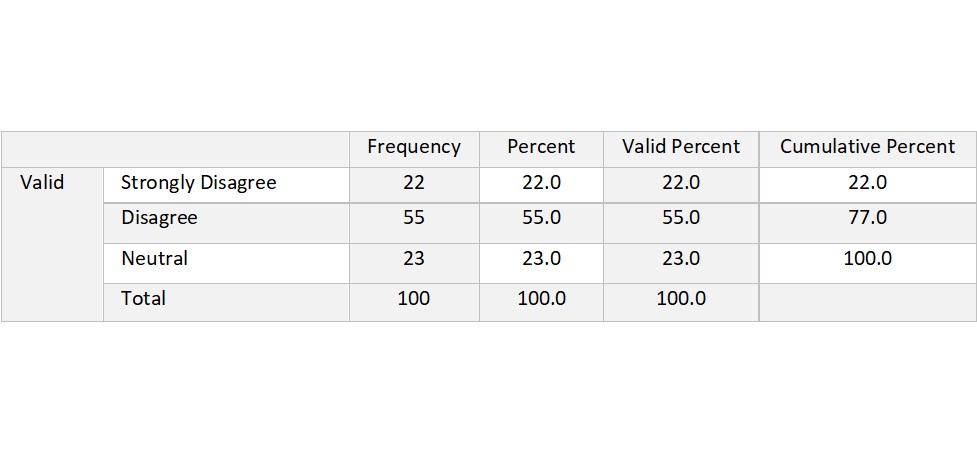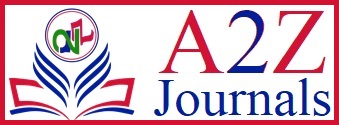A Study on Afghanistan Pakistan Transit Trade Agreement

DOI:
https://doi.org/10.54060/jmss.2023.51Keywords:
Afghanistan, Pakistan, transit and trade agreementAbstract
The relationship between Afghanistan and its neighbor country Pakistan unceasingly continued anxious thru inferences meant for the political economy. since 1950s, the entrée to ocean remained serious for financial development of Afghanistan due to fronting thoughtful transportation difficulties by Pakistan. It is expected that consequences found as of the research will deliver a better thoughtful of the significant reason of Afghanistan Pakistan Transit Trade Agreement efficiency for bilateral trade and disclose the main challenges between Afghanistan and Pakistan. The current research purposes to find out the Trade Relation between Afghanistan and Pakistan. This research designates the procedures and methods that the scholar used while conducting research. The chapter is made up of design, population, sampling tech-niques, sampling size, data collection procedures, data analysis procedure, questionnaire was designed in 5 Likert-scale and was distributed to 100 participants. Research shows most of candidates agreed that Ambiguities in the rules and procedures pertaining to bonded carriers should be removed as well as the participants agreed that Afghanistan Pakistan Transit Trade Agreement is the best framework for expanding business relations between Afghanistan and Pakistan if implemented perfectly, therefore it was recommended that both countries must remove uncertainties and barriers in the rules and procedures pertaining to bonded carriers. The limitation of study was lake of interest of participants to participate in this study.
Downloads
References
V. Ahmed and S. Shabbir, “Conclusion. In Trade & Transit Cooperation with Afghanistan: Results from a Firm-level survey from Pakistan,” pp. 19–22, 2016. http://www.jstor.org/stable/resrep02863.7.
Accept Terms and Conditions on JSTOR. (2016, March 23). Www.jstor.org. https://www.jstor.org/stable/pdf/resrep02863.8.pdf.
V. Ahmed, A. Q. Suleri, M. A. Wahab, and A. Javed, “Informal flow of merchandise from India: The case of Pakistan,” in India-Pakistan Trade, New Delhi: Springer India, pp. 47–70, 2015. https://doi.org/10.1007/978-81-322-1949-1_3.
V. Ahmed and C. O. Donoghue, “Global economic crisis and poverty in Pakistan,” International Journal of Microsimulation, vol. 3, no. 1, pp. 127–129, 2009. https://doi.org/10.34196/ijm.00033.
A. D. Bank, “Key Indicators for Asia and the Pacific 2014,” in www.adb.org. Asian Development Bank, 2014. http://www.adb.org/publications/key-indicators-asia-and-pacific-2014.
S. B. Blomberg, G. D. Hess, and A. Orphanides, “The macroeconomic consequences of terrorism,” J. Monet. Econ., vol. 51, no. 5, pp. 1007–1032, 2004. https://doi.org/10.1016/j.jmoneco.2004.04.001.
K. Gaibulloev, & T. Sandler, “The Impact of Terrorism and Conflicts on Growth in Asia,” Economics & Politics, vol. 21, no. 3, pp. 359–383, 2009. https://doi.org/10.1111/j.1468-0343.2009.00347.x.
S. Hameed, Prospects for Indian-Pakistani Cooperation in Afghanistan, 2012. https://csis-website-prod.s3.amazonaws.com/s3fs-public/legacy_files/files/publication/120823_Hameed_ProspectsIndianPakistan_Web.pdf
S. W. Hussain and A. Masood, The impact of afghan transit trade on nwfp’s economy 1999-2000 (dissertation). Area Study Centre. Hanns Seidel Foundation, 2008.
S. I. Hussain, “Some Major Pukhtoon Tribes Along the Pak-Afghan Border,” in Google Books. Area Study Centre, 2000. https://books.google.com.af/books/about/Some_Major_Pukhtoon_Tribes_Along_the_Pak.html?id=X_9tAAAAMAAJ&redir_esc=y.
Z. Mukhtar, A. Junaid, and R. Quddus, Munich Personal RePEc Archive Extending Transit Facility to India: Implications for Pakistan’s Bilateral Trade with Afghanistan. 2010. http://mpra.ub.uni-muenchen.de/26696/1/MPRA_paper_26696.pdf.
“PILDAT - Pakistan Institute of Legislative Development And Transparency,” PILDAT, 2023 http://www.pildat.org/publications/publication/FP/Pak-AfghanTrade-DiscussionPaper.
“Vivekananda International Foundation. (n.d.)”. https://www.vifindia.org/sites/default/files/Afghanistan-Pakistan-Transit-Trade.pdf

Downloads
Published
How to Cite
CITATION COUNT
Issue
Section
License
Copyright (c) 2023 Arsalan Watandar, Ali Ahmad, Amanullah Naizi, Mir Wais Nazari

This work is licensed under a Creative Commons Attribution 4.0 International License.
























